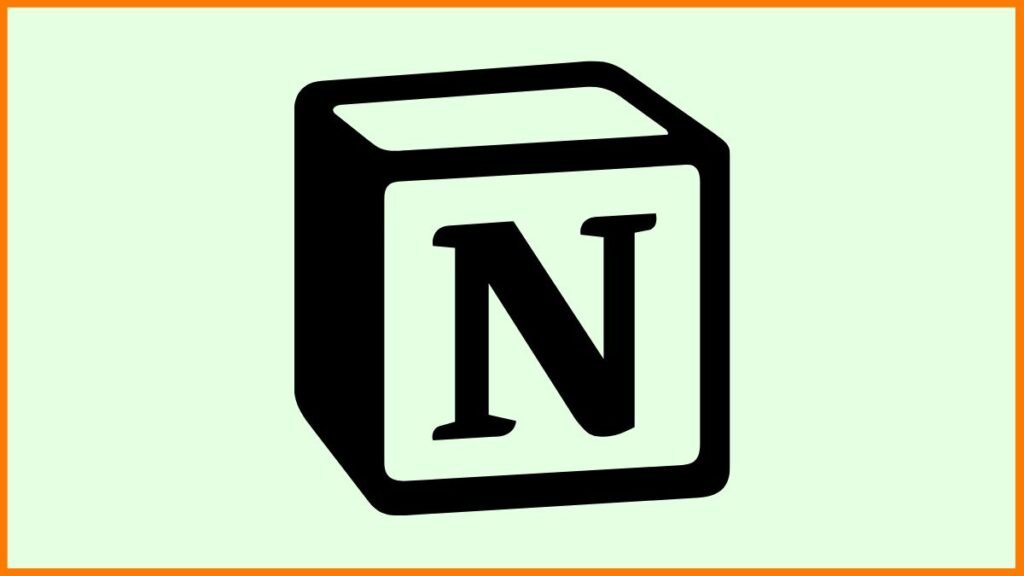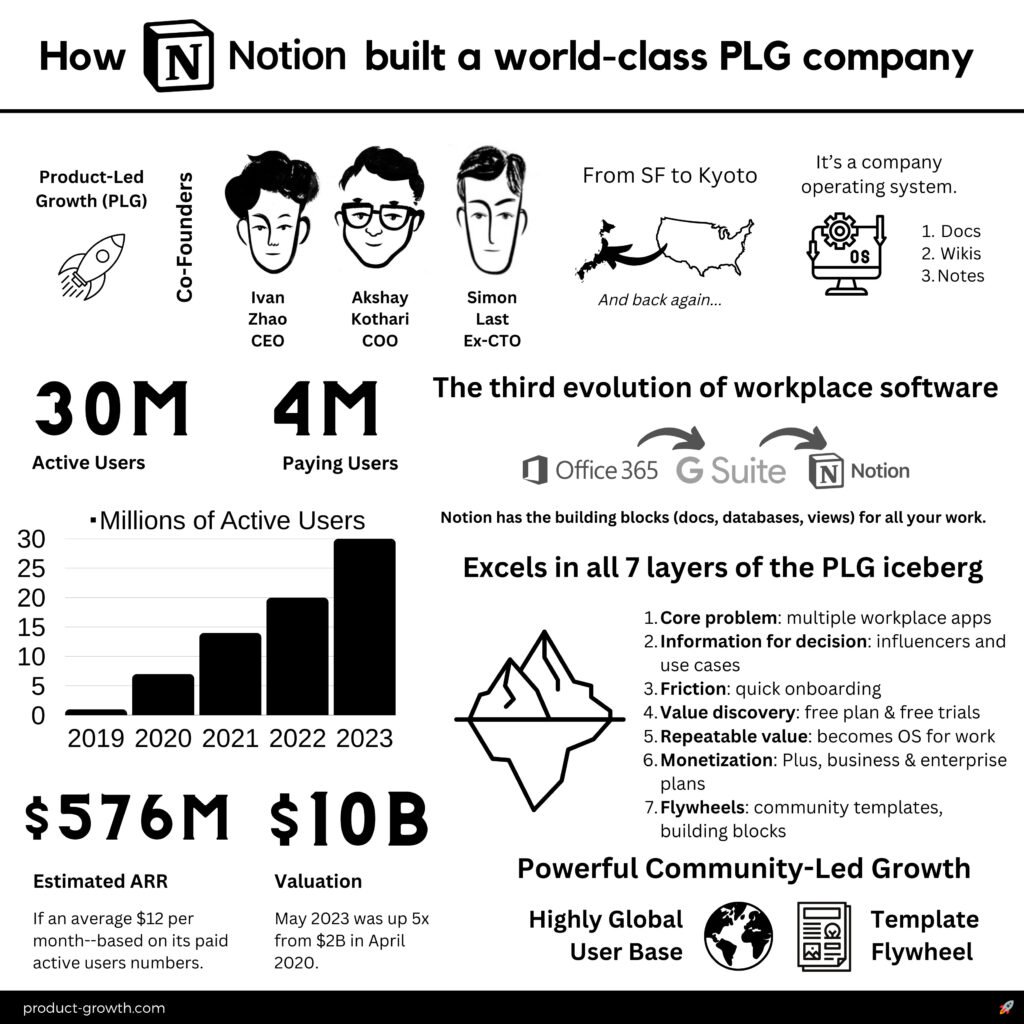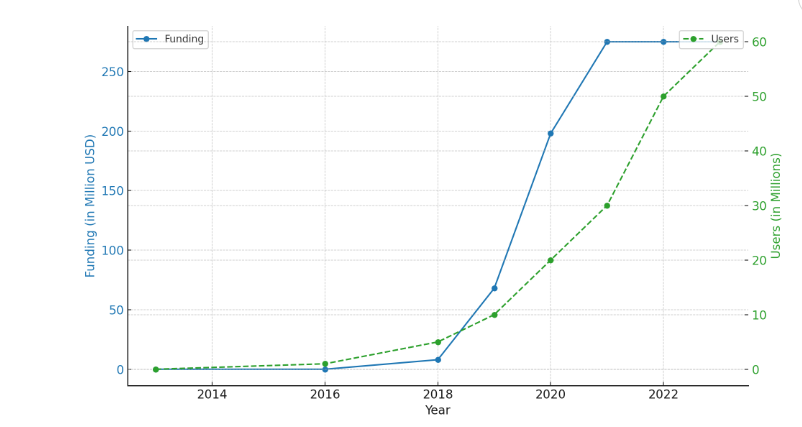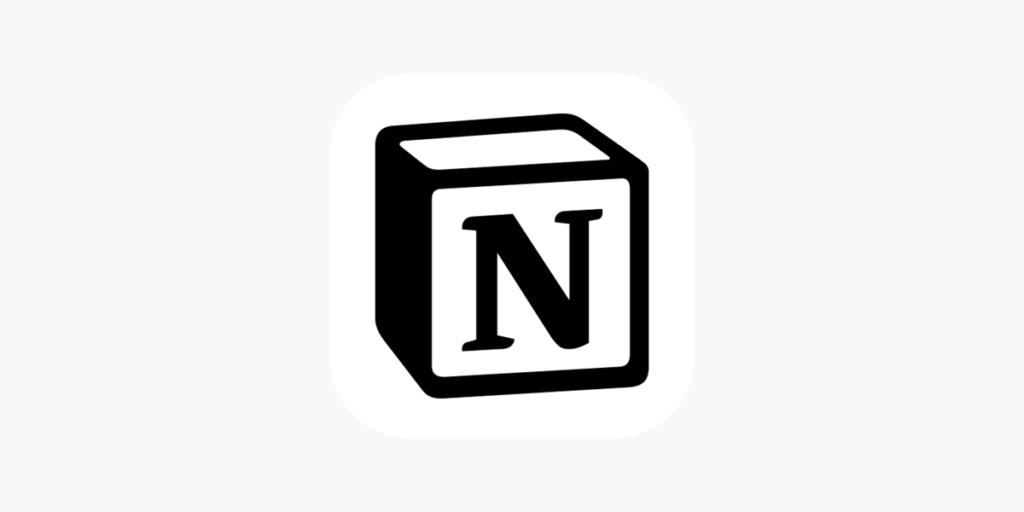
Nowadays, you will see every single content creator or blogger or anyone else talking about productivity. But when people start talking about this, the reason is that Notion makes products to boost your energy or increase your productivity. Do you think you need any type of service or productivity-boosting tools?
Ok, why do you need a productive tool like Notion? Before entering this question, I would like to discuss why we need productivity. So, assume you are a software engineer at a company. We are always provided with lots of projects; some of them are very critical, and some of them are simple tasks. So, if you have a tool like Notion, it will be very easy to handle everything and finish the work on time. Notion will help you not to waste your time and be capable of working more. If you are able to be more productive, you will do more work. That’s why we need productivity.
So now, why do you need a productive tool like Notion?
Actually, Notion is not only a productivity tool that will help you to be more productive but also a lifestyle tool that will help you grow faster and make your digital life easier in a particular way. Notion is a very organized app to boost your work capability. Its user experience is so good for a newbie. Anyone can use this tool like their own toy. Its flexibility, design, and theme are very attractive to users. This will notify you of every single work or task you mention in the tool to finish.

Notion started in 2016 with the aim of helping a person do their every single work or task in an organized and productive way. The founder and COO, Ivan Zhao and Akshay Kothari, started this venture with the simple idea that people could visit this website, make a list like a to-do list, and then finish every single task serially. Ivan Zhao is an art college student and also knows how to code and build a website. So, behind Notion’s excellent design, there was Ivan’s supremacy. When you sign up for Notion, you will see an excellent, user-friendly dashboard that attracts more audiences.
But when they noticed that people’s attraction to this tool was very high, they tried to make this tool a lifestyle tool, and people just consumed it every single day.
Founding and Valuation:
Notion is not an IPO-based company, but still, it has a valuation of $10 billion. Notion is a funded company. They raised almost $350 million.
In March 2013, Notion raised its initial seed funding of $2 million. This crucial early investment supported the development of the platform’s foundation.

According to Crunchbase, Notion has raised a total of $343.2 million over five funding rounds. The company’s most recent round of funding was a Series C round for $275 million that took place on October 8, 2021.
Growth and Beyond:
Interestingly, Notion’s significant team growth from a small startup of just 12 employees to a thriving company with 100-350 employees clearly indicates its expansion and successful scaling of operations.
Of course, Notion’s rapid user base growth and increasing popularity have necessitated a larger team to handle development, support, and other essential functions.
Notion is a $10 billion company with almost 30 million users on board, where over 9 million of them are premium users.

Moreover, this conversion rate indicates that many users find value in Notion’s premium features and are willing to pay for its enhanced capabilities. This, more than ever, highlights the platform’s ability to provide a compelling value proposition and address the specific needs of its users.
Nowadays, Notion uses AI in a thriving way to attract audiences more and more to use Notion. Some interesting features are included in Notion, which makes it very strong in front of its users, who also have an interest in using Notion more and more. Notion’s total revenue yearly increases year on year very noticeably. Notion’s annual revenue is estimated at around $67.2 million. With an estimated annual revenue of around $67.2 million, marking a substantial 36% increase from the previous year, it’s clear that demand for Notion’s services is not only strong but also growing.
Notion’s Competitor:
Notion vs. Microsoft Loop: A Comparison
Notion’s biggest competitor is Microsoft Loop, a key player in the productivity and collaboration software space.
What is Microsoft Loop?
Part of Microsoft 365, Loop offers tools for real-time collaboration, knowledge sharing, and content creation. Users can work together on documents, presentations, and spreadsheets seamlessly.
How Does Loop Compare to Notion?
- Collaboration: Both platforms excel in real-time collaboration.
- Microsoft Integration: Loop is ideal for organizations already using Microsoft 365, as it integrates smoothly with other tools like Teams and Office apps.
- Streamlined Workflows: Loop appeals to larger teams seeking a unified system within Microsoft’s ecosystem.
Instead of direct competition, the choice between Notion and Loop depends on user needs. Notion offers flexibility and creativity, while Loop focuses on integration and streamlined workflows for businesses.
In July 2023, Notion received more than 148 million visitors. The statement that Notion received over 148.1 million visitors in July 2023 – according to Similarweb – raises intriguing questions about the platform’s user base, engagement, and overall market position.
With such a high monthly visit count, Notion clearly attracts a substantial and engaged user base.
Why Does Notion Have Huge Success?

Most of Notion’s users are from Millennials and Gen Z, who are capable of using the internet. Actually, most Millennials and Gen Z are building digital businesses or becoming online entrepreneurs; that’s why they use Notion more. In a case study, I saw that 63% of total Notion users are Millennials and Gen Z. That’s why they know the philosophy of Gen Z. Their market is huge, making anything possible if the users remain loyal.
Nowadays, most Millennials and Gen Z lead their lifestyle by following their favorite influencers. Influencer marketing is becoming the best marketing policy right now and also the most trustworthy marketing segment. Notion used most of these marketing techniques to influence more young people to use their platform.
Conclusion:
Since its launch in 2016, Notion has transformed from a simple note-taking app into a versatile workspace platform loved by millions worldwide.
Key Highlights:
- Rapid Growth: Notion’s user base skyrocketed from 1 million to 30 million in just three years.
- Adaptability: It evolved from a basic tool into a comprehensive productivity platform.
- Strong Future: With a growing user base, impressive financial results, and smart market positioning, Notion is set to stay a leader in the productivity and collaboration software space.
Notion’s journey showcases its commitment to innovation and its ability to meet users’ changing needs.

